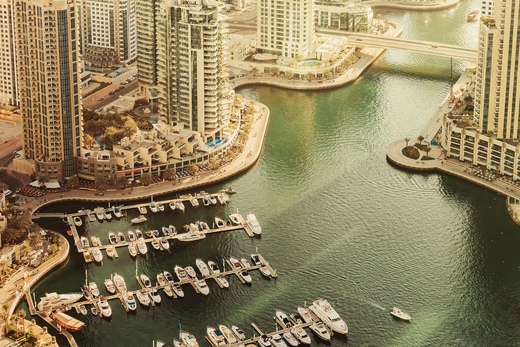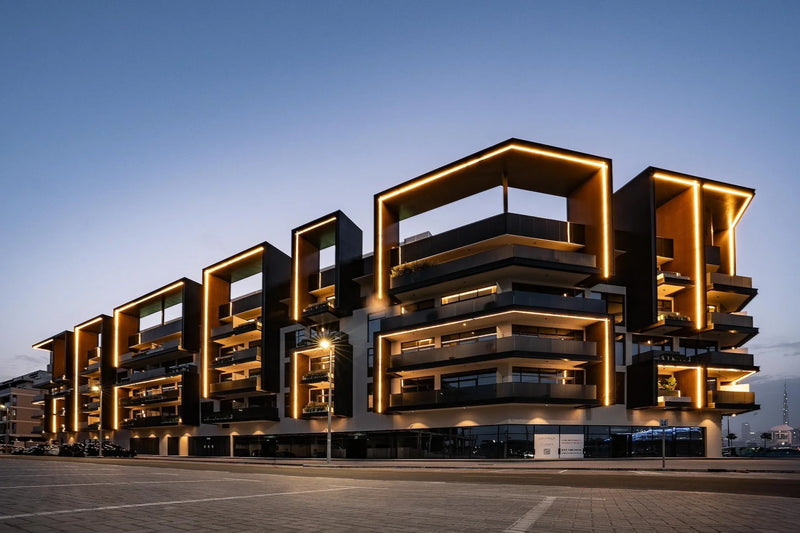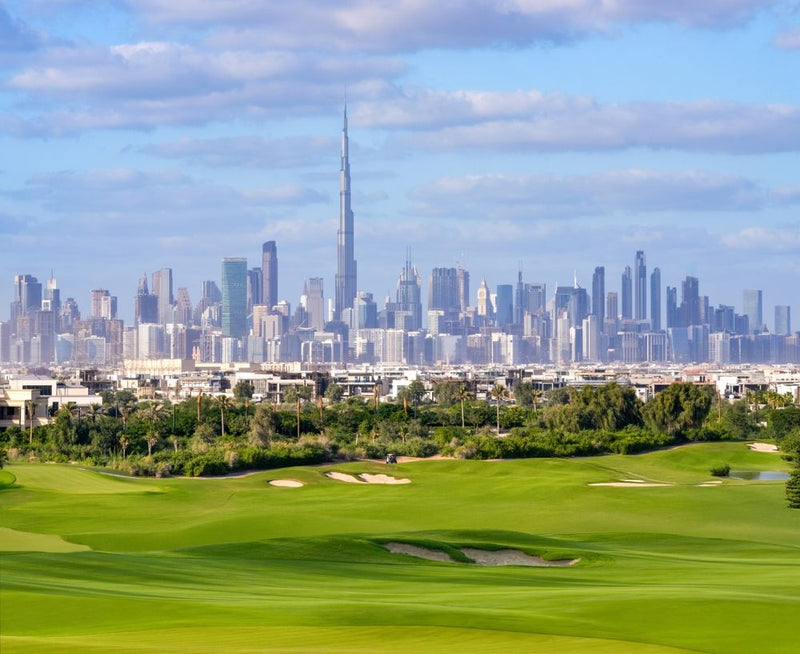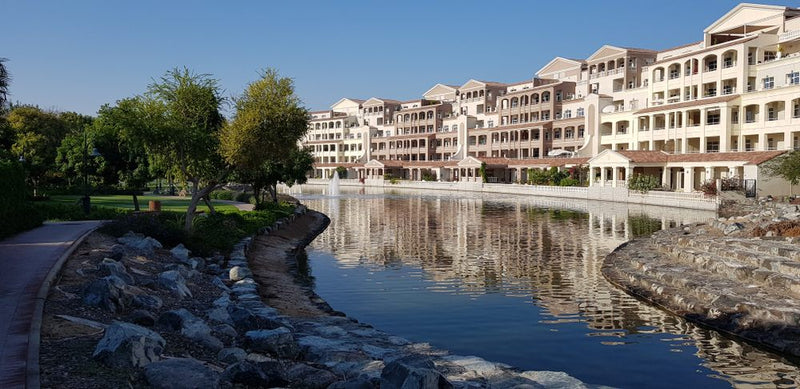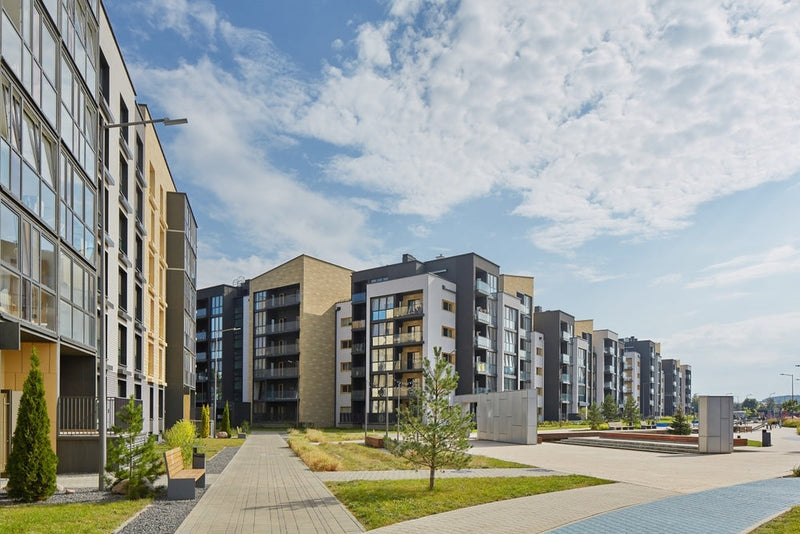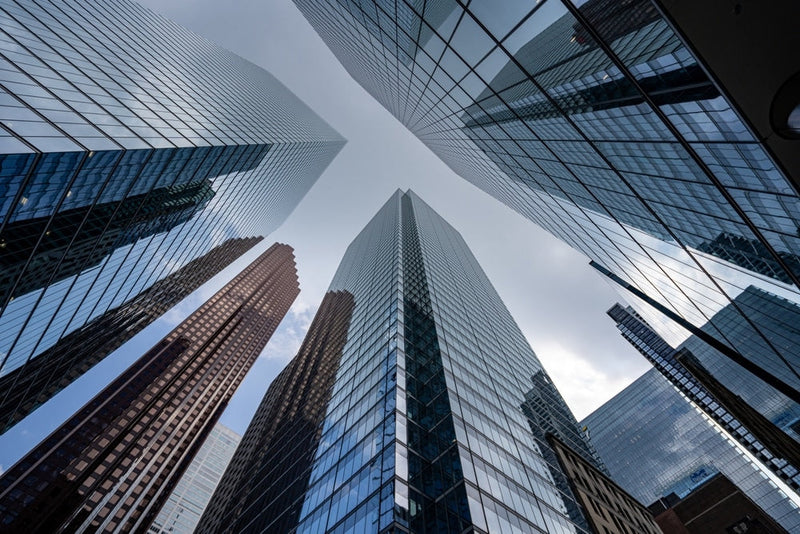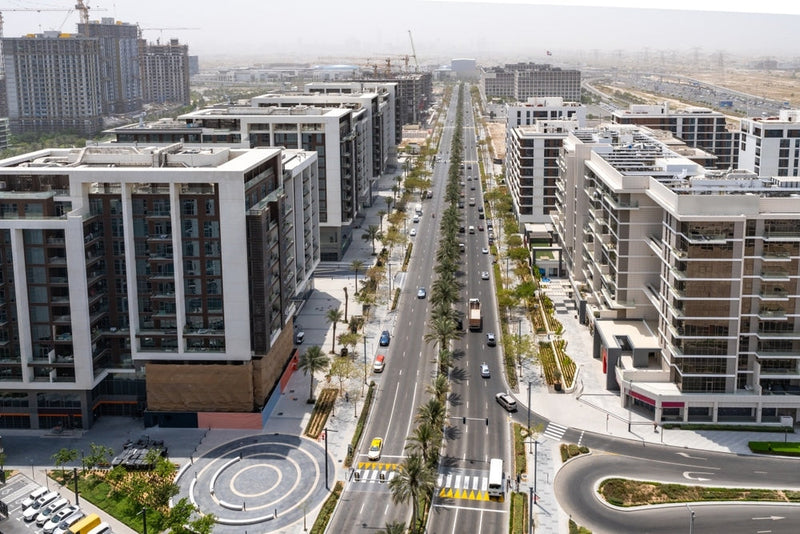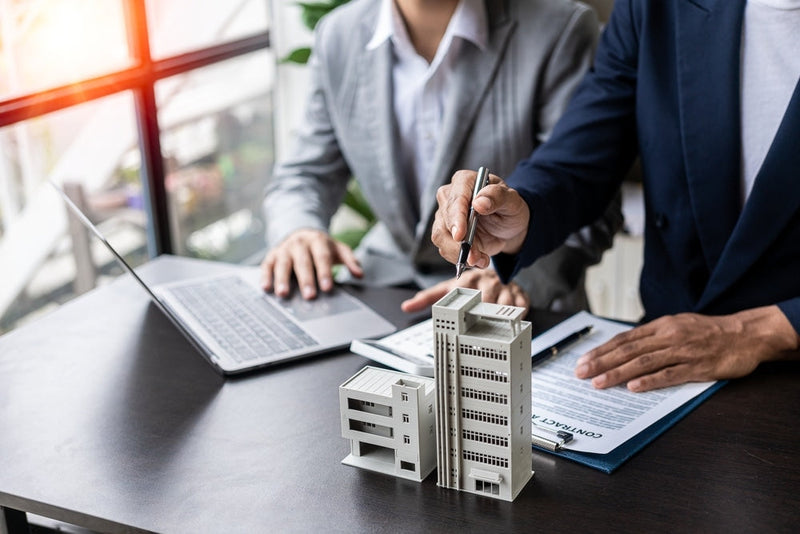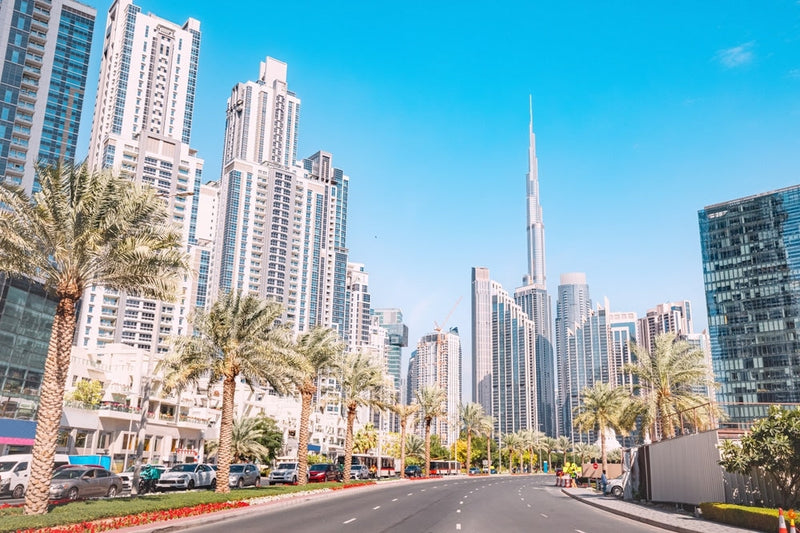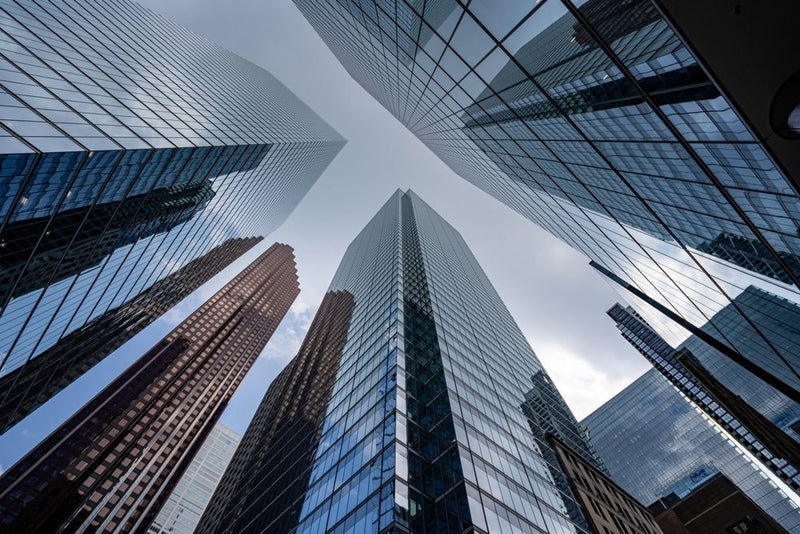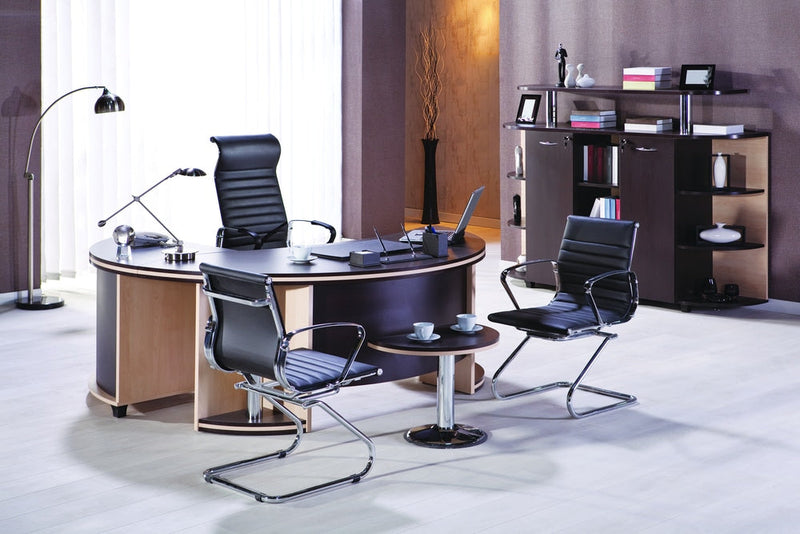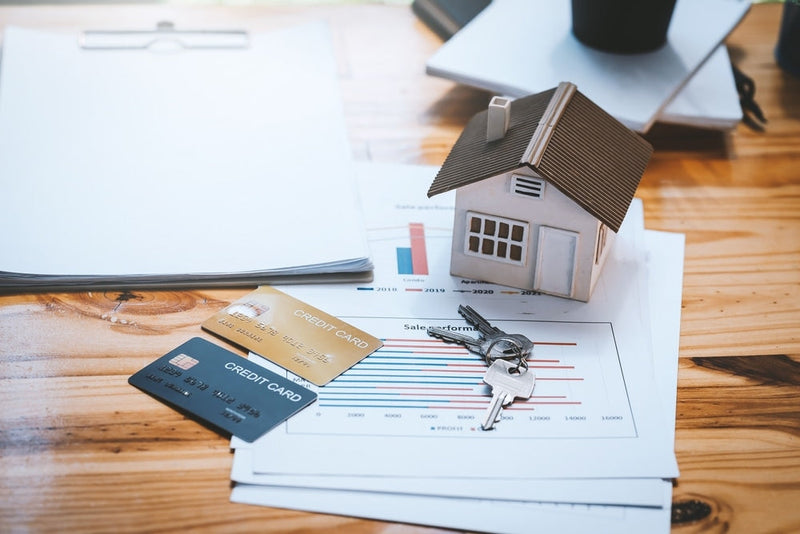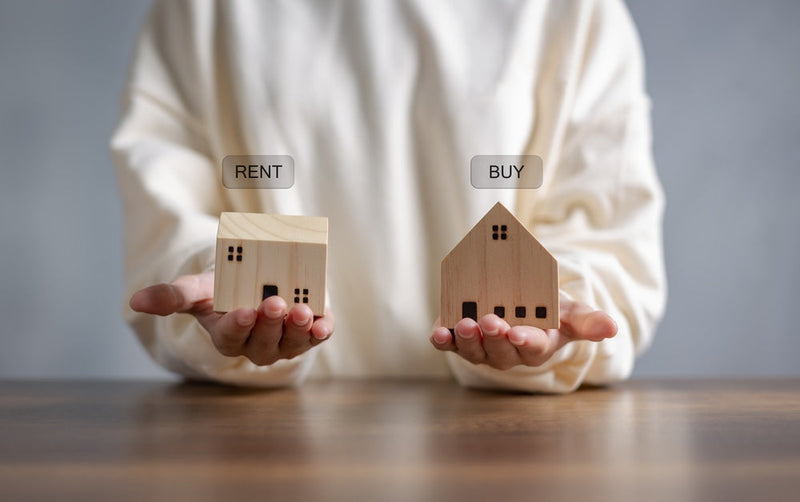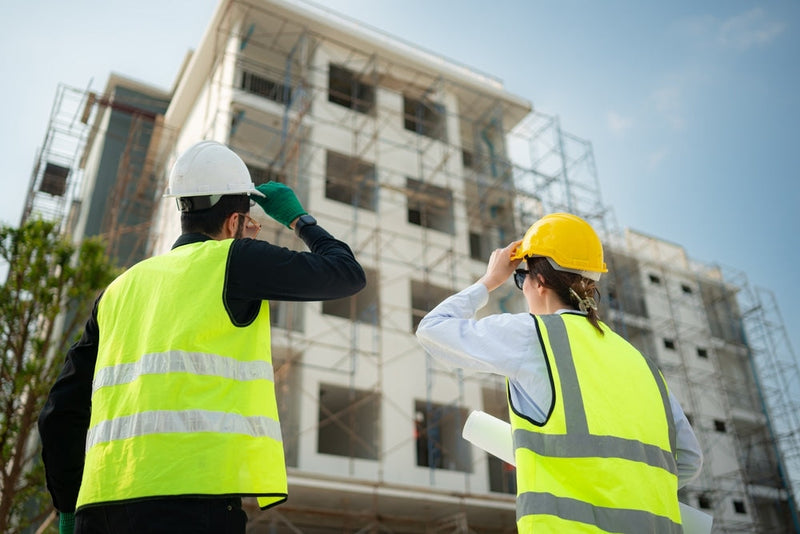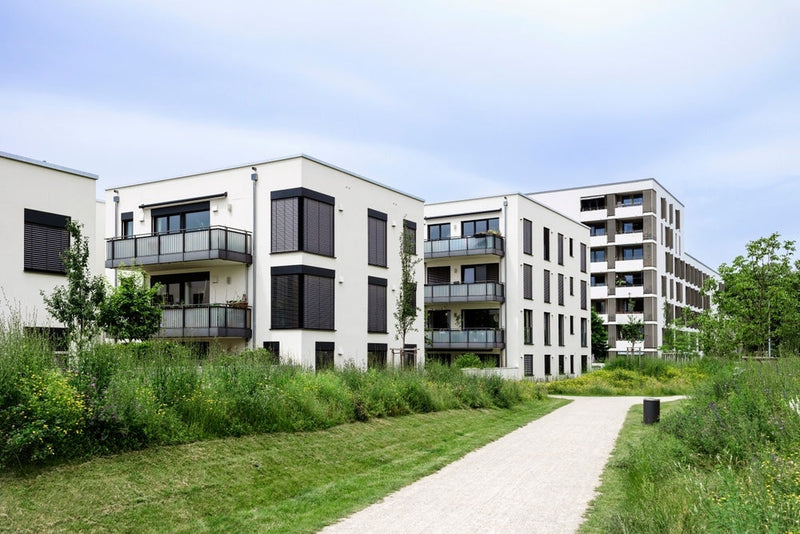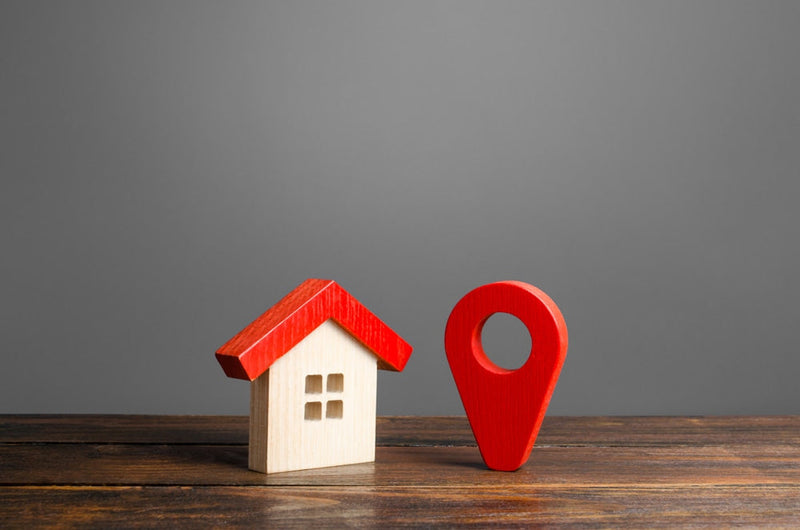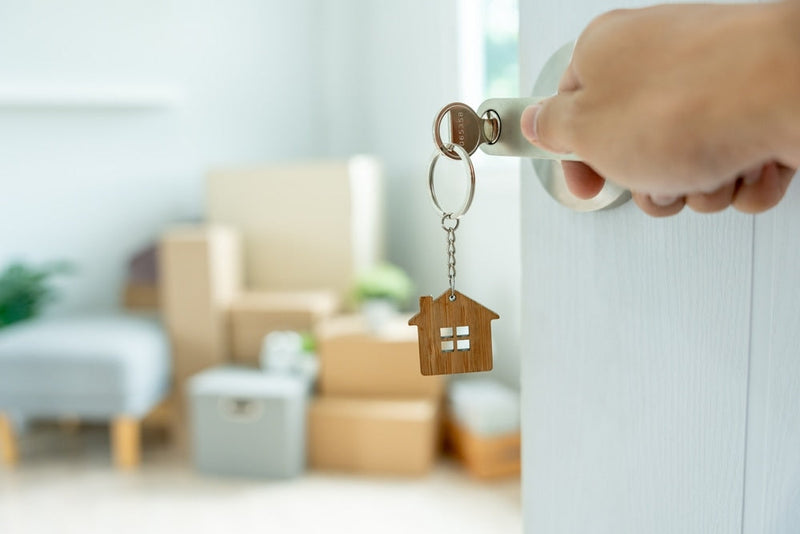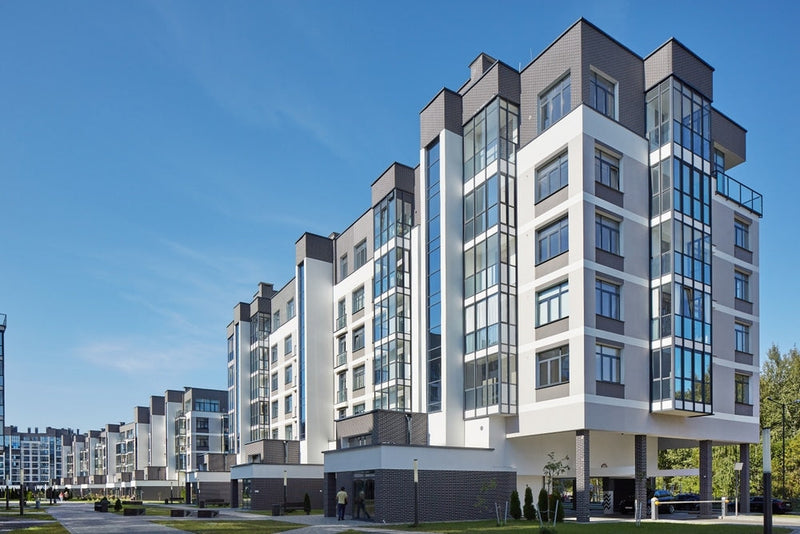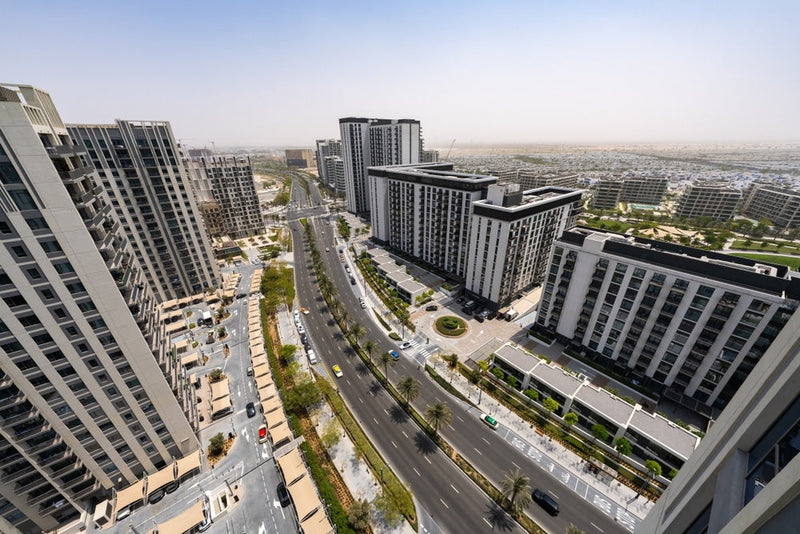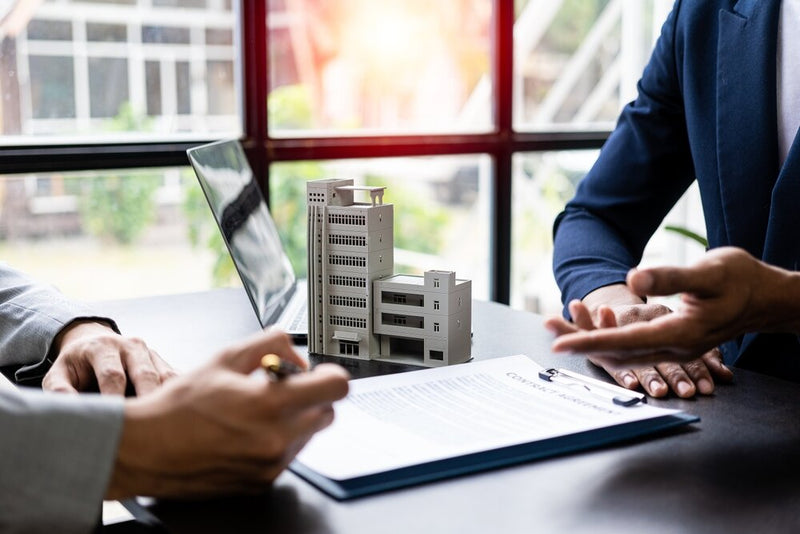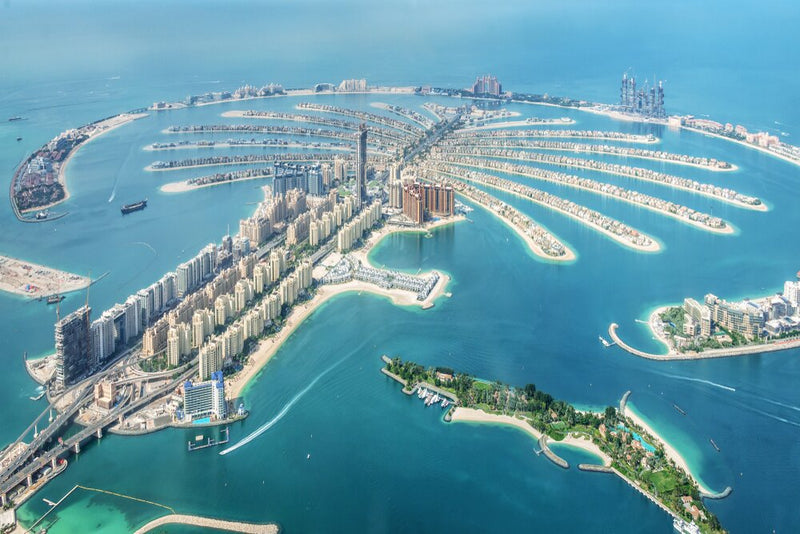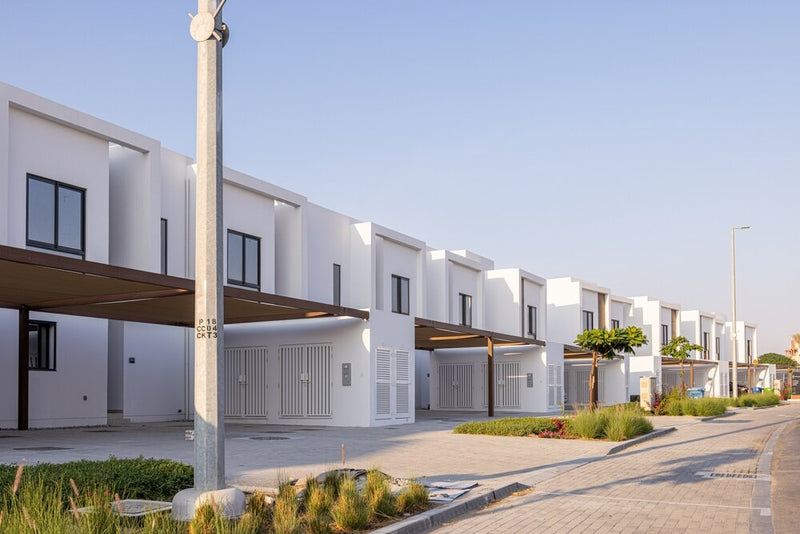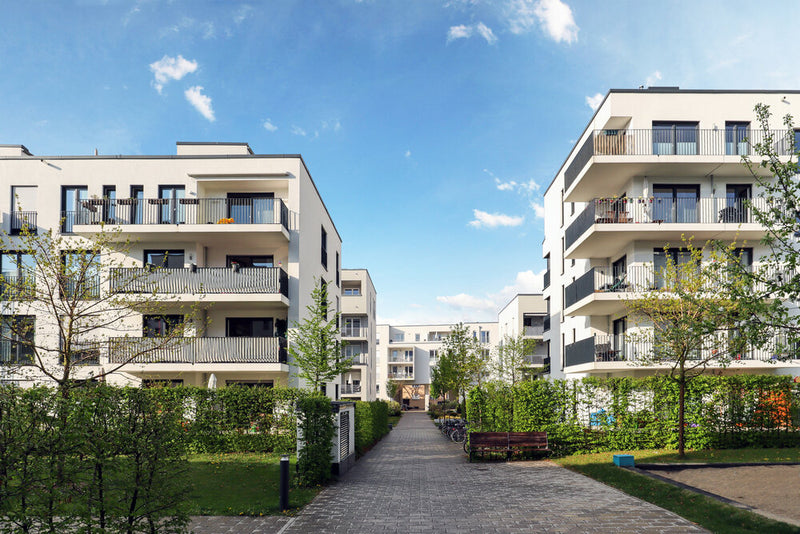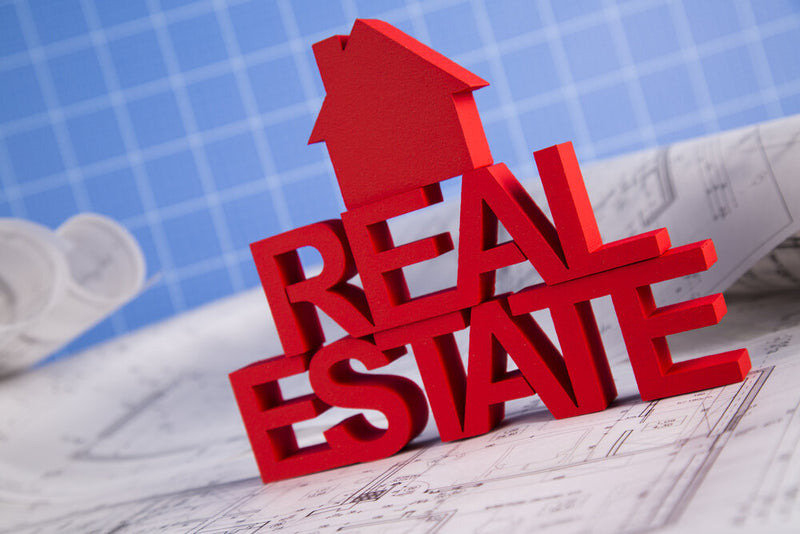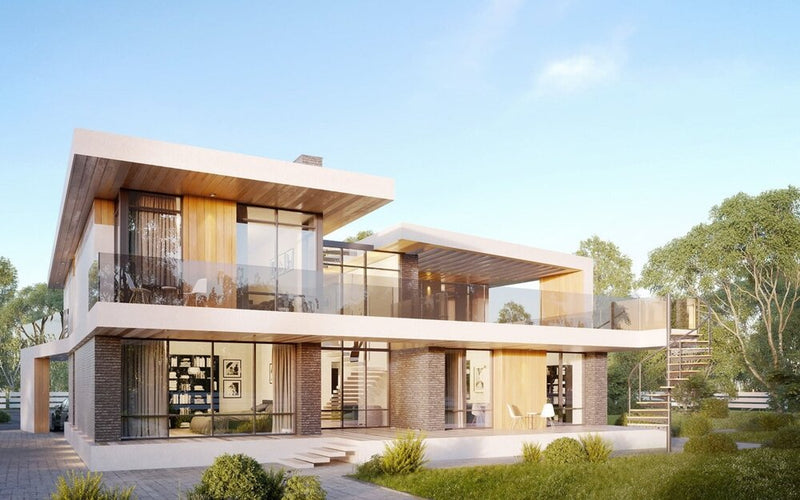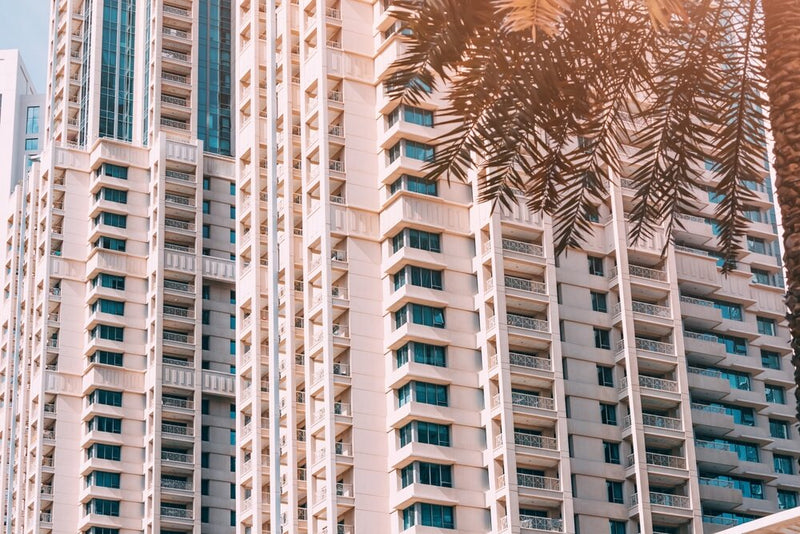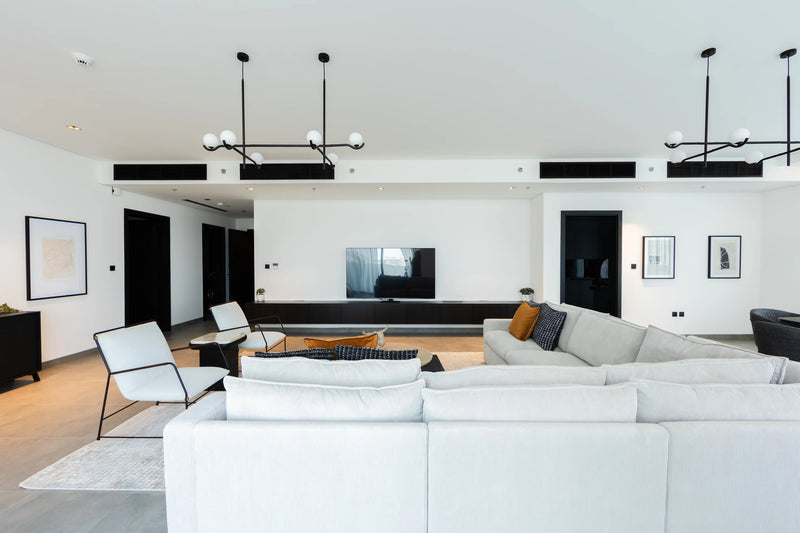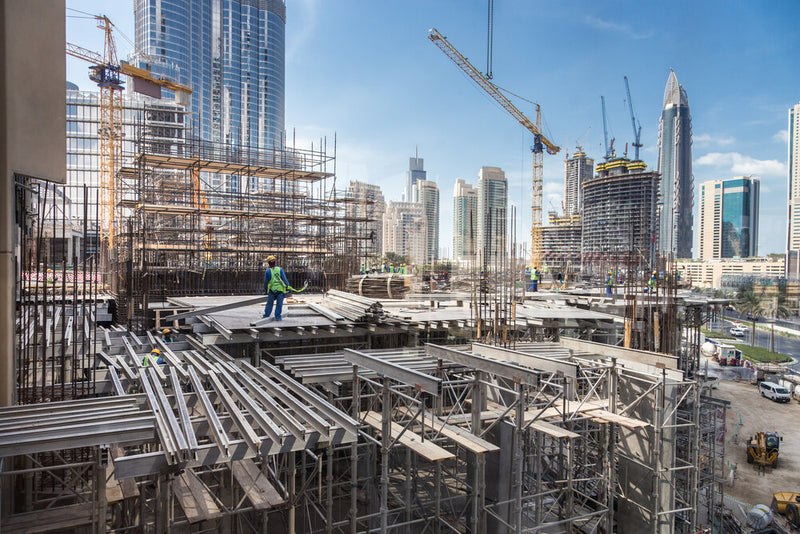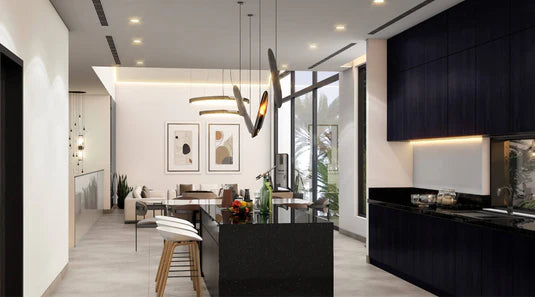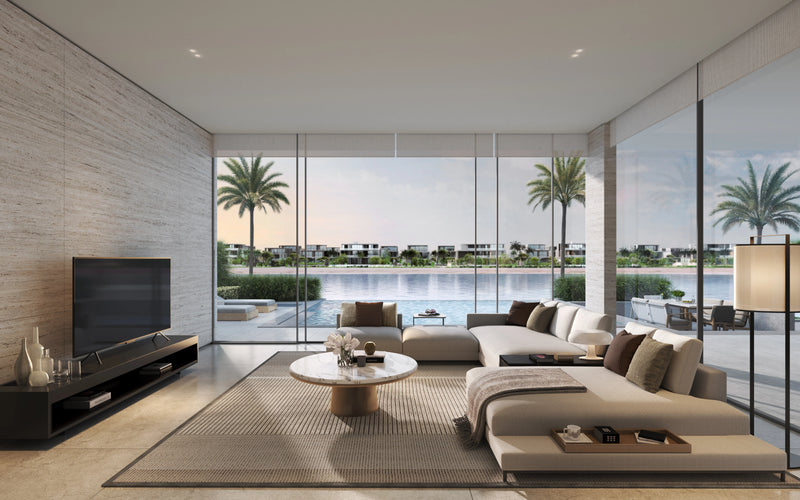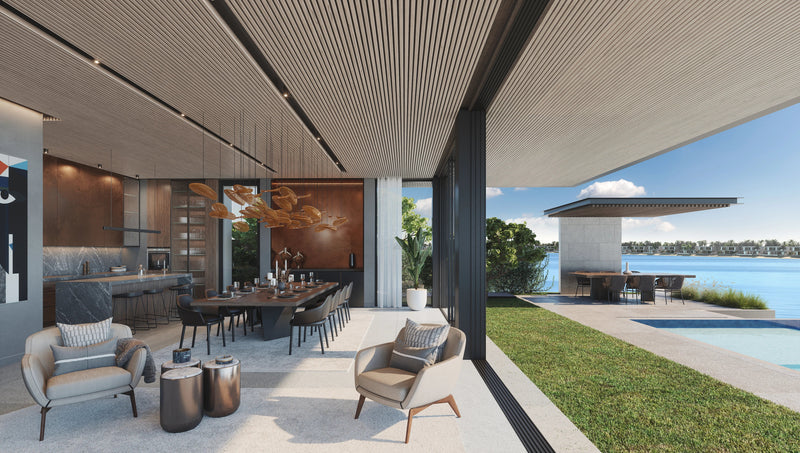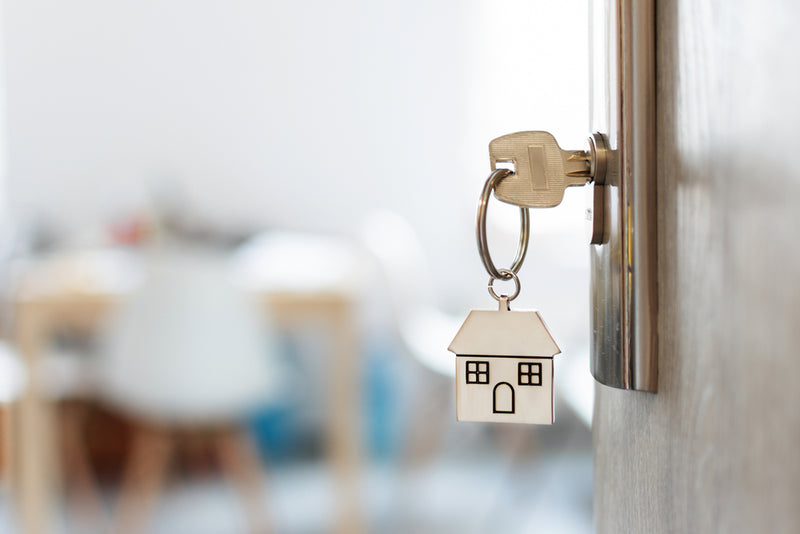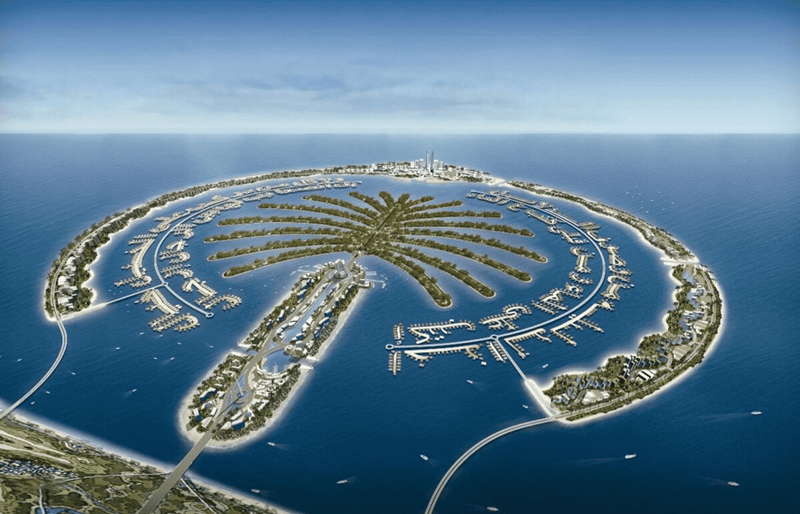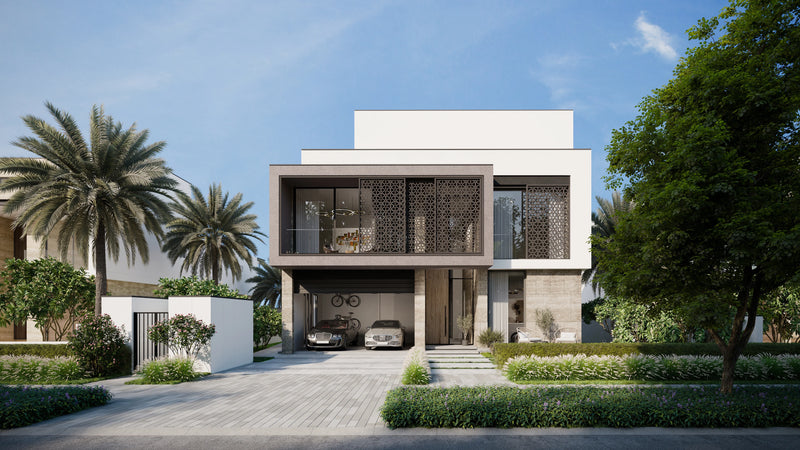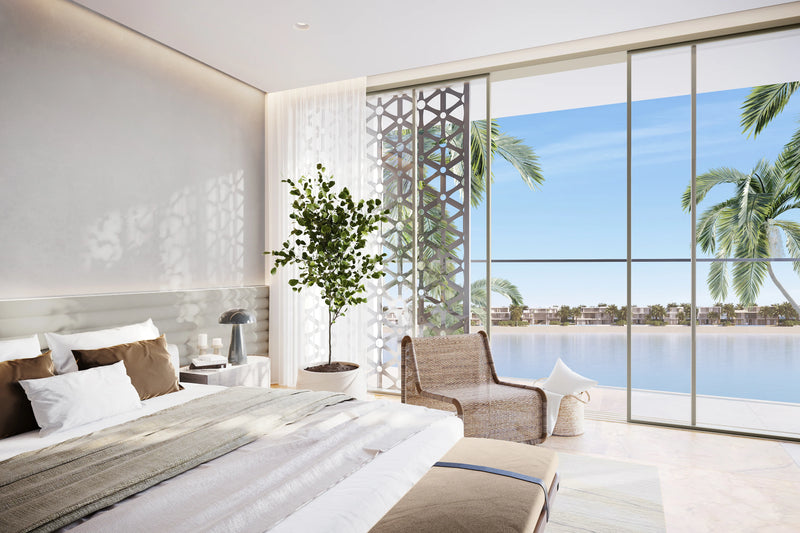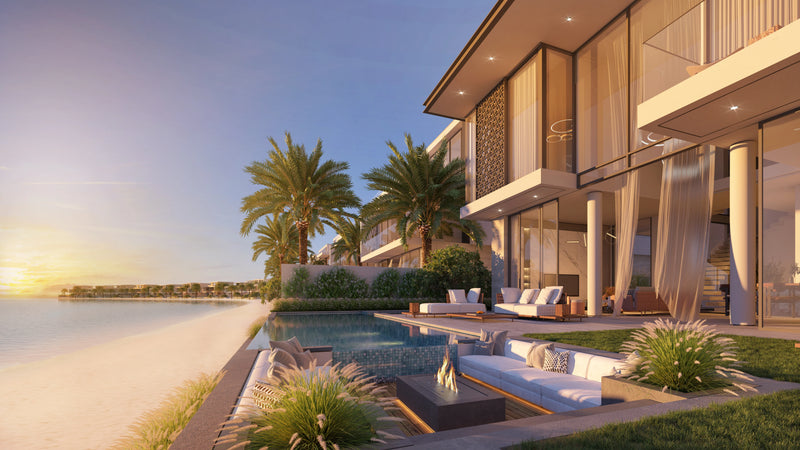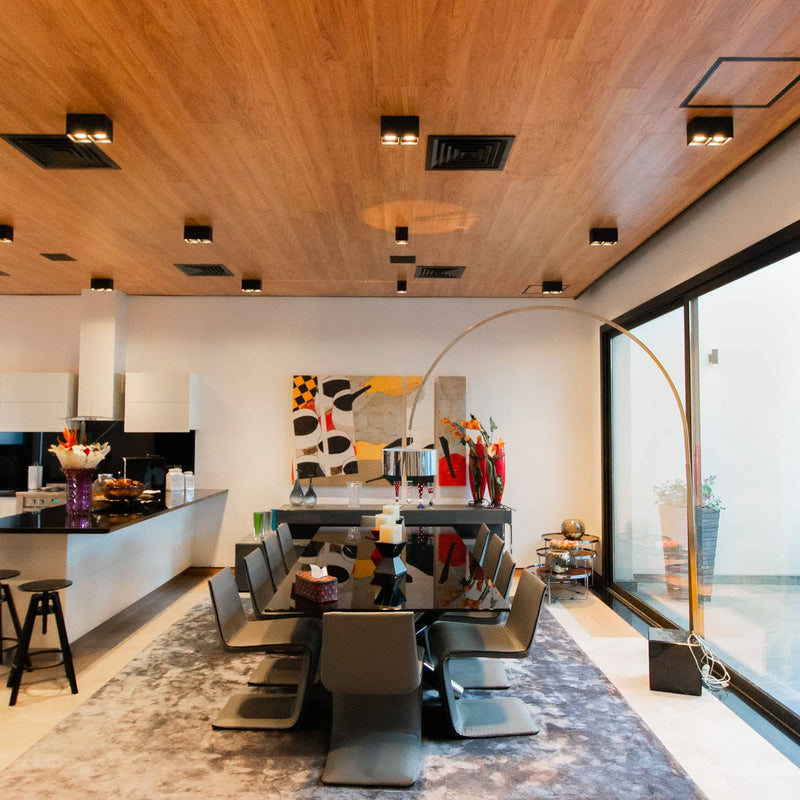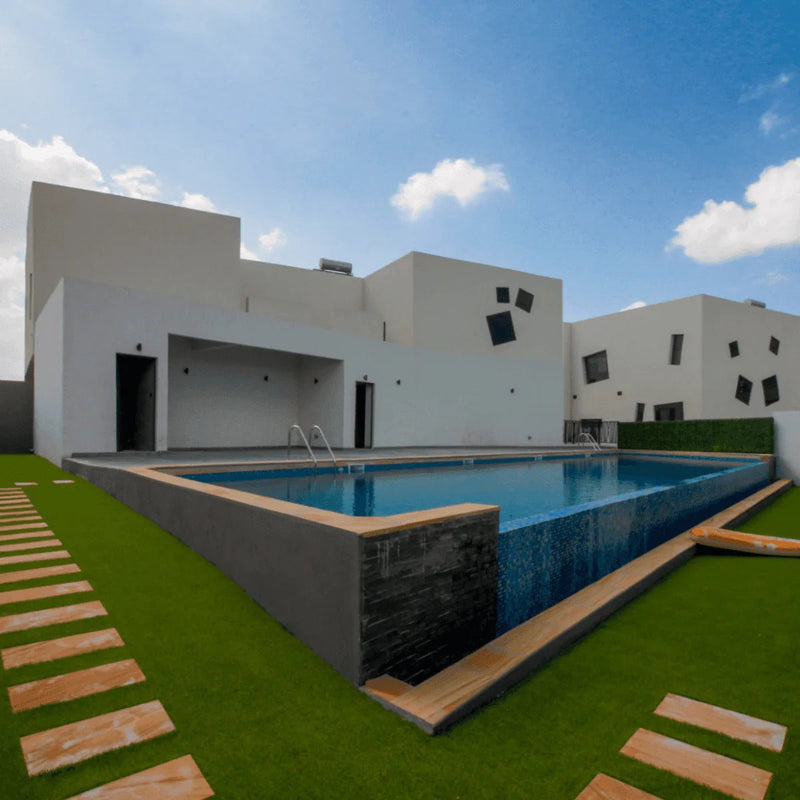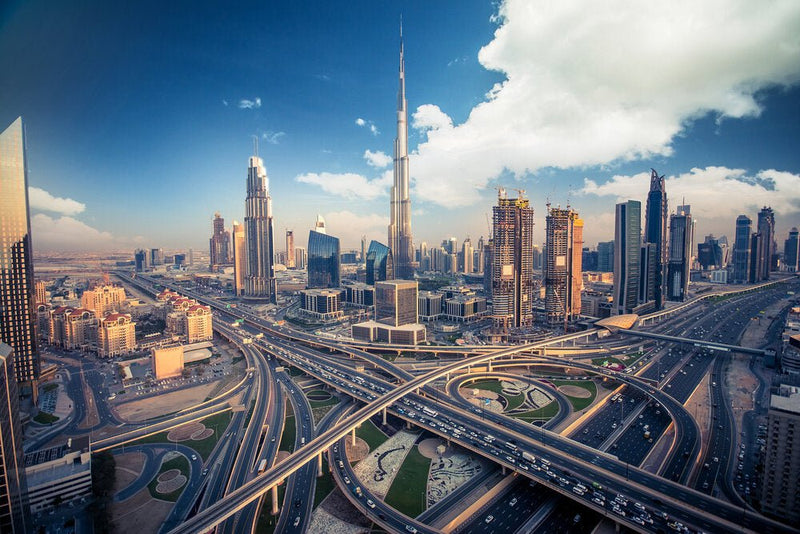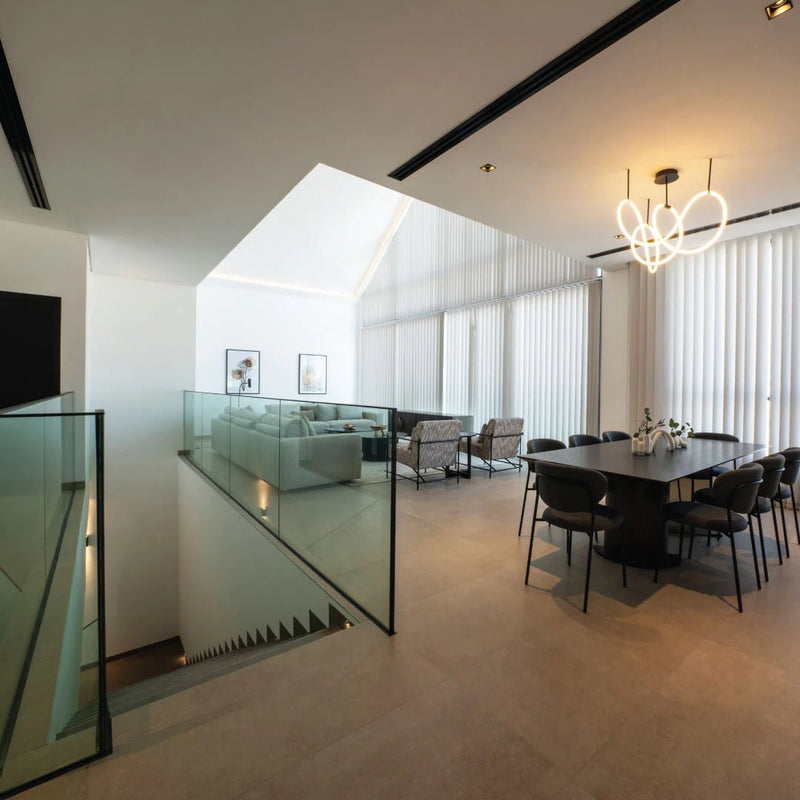Dubai's booming real estate market offers residents an enticing opportunity to own property. However, renting vs. buying can impact finances differently depending on various circumstances.
As an investor or homeowner, understanding the intricate dynamics surrounding this decision is prudent. This article examines critical considerations like property valuations, mortgage rates, rent trends, liquidity needs, and more to determine which strategic approach, Renting vs. Buying Property in Dubai, currently holds more financial merit.
A thorough analysis of prevalent market patterns can help prospective buyers and renters make well-informed choices aligned with their long-term goals and risk appetite.
Understanding the Dubai Real Estate Market
When evaluating the choice between Renting vs. Buying Property in Dubai, understanding the DNA of the market holds significance.
Dubai's real estate market has expanded exponentially over the past decade, fueled by strategic reforms, investor incentives, and infrastructure growth. However, the emirate witnessed its first price decline post-2008 amidst oversupply speculation.
Prices have stabilized since then, but macroeconomic variabilities bring uncertainty. Buyers must cognize market cycles, liquidity levels, and demand-supply dynamics that govern the properties they are looking at. For renters, too, discerning supply-rent correlation aids better terms.
With attentive research, one gains foresight, enabling judicious calls between the two alternative investment avenues.
Advantages of Renting a Property in Dubai
Here are some advantages you need to know:
-
Flexibility and Mobility
One major advantage of renting over purchasing a luxury property for sale in Dubai is flexibility. As a tenant, one faces negligible relocation restrictions within Dubai or abroad as needed.
Rental contracts typically range between 1 and 3 years, with options to terminate early if required. This ease of mobility allows tenants to optimize their residential location as circumstances change.
It avoids illiquid investments in properties left vacant for long periods. Overall, flexibility significantly strengthens the case for those with a mobile lifestyle.
-
Lower Initial Costs
Compared to the steep upfront investment needed for Renting vs. Buying Property in Dubai, renting connotes a relatively lower initial fiscal commitment.
Tenants need only furnish security deposits and initial rent amount instead of sizable down payments, legal fees, transfer charges, and other pre-purchase expenses. This makes renting highly practical for those with constrained capital, short timelines, or unsure stay durations that may not justify immediate property purchase.
Deferring high initial costs eases cash flow and boosts budgetary flexibility.
-
Maintenance and Repairs
Renting luxury villas for rent in Dubai exempts tenants from responsibility for unexpected maintenance obligations and repair works.
As the landlord handles building upkeep, renters face no liability for fixes, modifications, or replacements of structural issues. This provides significant peace of mind compared to homeowners who must bear renovation costs.
Unexpected plumbing, electrical, or construction works are financially taxing. Renters enjoy carefree living without shouldering such burdens, simplifying budgets and lifestyles.
-
Access to Amenities
Opting to rent over Renting vs. Buying Property in Dubai allows residents to enjoy premium facilities without ownership.
World-class amenities like pools, gyms, cinemas, and gardens within serviced apartments or communities are available to tenants for a consolidated monthly rental. This proves highly cost-effective versus paying millions to purchase comparable properties independently for amenities access.
Renters can leverage prestigious addresses and a lavish lifestyle at an equitable price, with zero responsibility for maintaining common areas.

Advantages of Buying a Property in Dubai
Here are some advantages you need to know:
-
Long-Term Investment
In contrast to short-term consumption under renting, buying property through Renting vs. Buying Property in Dubai establishes owners as long-term investors.
Appreciation rewards those with a buy-and-hold horizon, potentially culminating in resale proceeds far exceeding initial prices over 15-20 years. As the emirate progresses dynamically, land values are destined to rise constantly, affording owned real estate an appealing store of wealth.
While requiring capital locks, ownership can, if held through market cycles, create a lasting nest egg for retirement and inheritances.
-
Stability and Security
In contrast to changing rental terms that landlords dictate, buying residential space instills unprecedented stability and security.
Homeowners who have been in control of their prime abode for an extended period can handle shifting guidelines like rents, deposits, or lock-ins every few years. They can also customize living spaces independently as desired without constraints.
Property rights grant untroubled possession, allowing owners peace of mind through ownership's permanence compared to renting's transience and uncertain future. Stability favors those prioritizing consistent familiar surroundings.
-
Customization and Personalization
Those who invest in property purchases unlock depths of customization that are impossible for renters. Beyond variable interior Painting and flooring choices, homeowners gain autonomy to restructure spaces completely.
They can demolish or add walls, expand footprints, install specialized amenities, and refine outdoors. Such remodeling freedom and self-expression options boost liveability tremendously by sculpting surroundings intimately to match owners' long-term tastes and evolving needs.
Customized properties also appeal uniquely to resell prospects compared to generic rentals.
-
Potential Rental Income
Real estate investors appreciate the potential to generate additional funds by renting unoccupied properties.
Should owners require temporary absences or want units uninhabited in the long term, leasing to tenants provides rental profits. Consistent rent collections augment monthly cash flows, especially for those owning multiple-income properties.
This rental capacity boosts overall property returns versus the inability to earn more from housing while renting. Income properties also benefit from tax breaks on rental expenses that simplify wealth creation.
Renting vs. Buying in Dubai Real Estate: Which is Right for You?
The choice between renting and buying real estate in Dubai depends greatly on individual circumstances.
Renting provides unparalleled flexibility for those relocating often or with uncertain plans. However, buying makes sense for long-term residents focused on investment returns. Those with ample capital upfront benefit from property price escalations, while renting better fit transient lifestyles.
Ownership yields most for stable homeowners, but renters access premium amenities without responsibility. Short-term stays favor renting to dodge maintenance headaches, whereas buying lets permanent settlers personalize spaces thoroughly.
Both have merits; the optimal option is determined by carefully assessing priorities like finances, stability, family scope, and holding duration.
Conclusion
Factors influencing the superior financial decision between Renting vs. Buying Property in Dubai can fluctuate depending on personal circumstances and constantly varying market dynamics.
While property ownership offers longer-term wealth generation, short-term capital appreciation is uncertain. Renting provides flexibility, but long-term financial returns may be lower. By weighing all aspects presented for their distinct situation, discerning investors and residents can opt for the arrangement to optimize cash flow, returns, and risk profile.
Monitoring trends regularly also helps adapt strategic decisions according to shifts, keeping their capital most profitably invested in Dubai’s thriving real estate industry.

